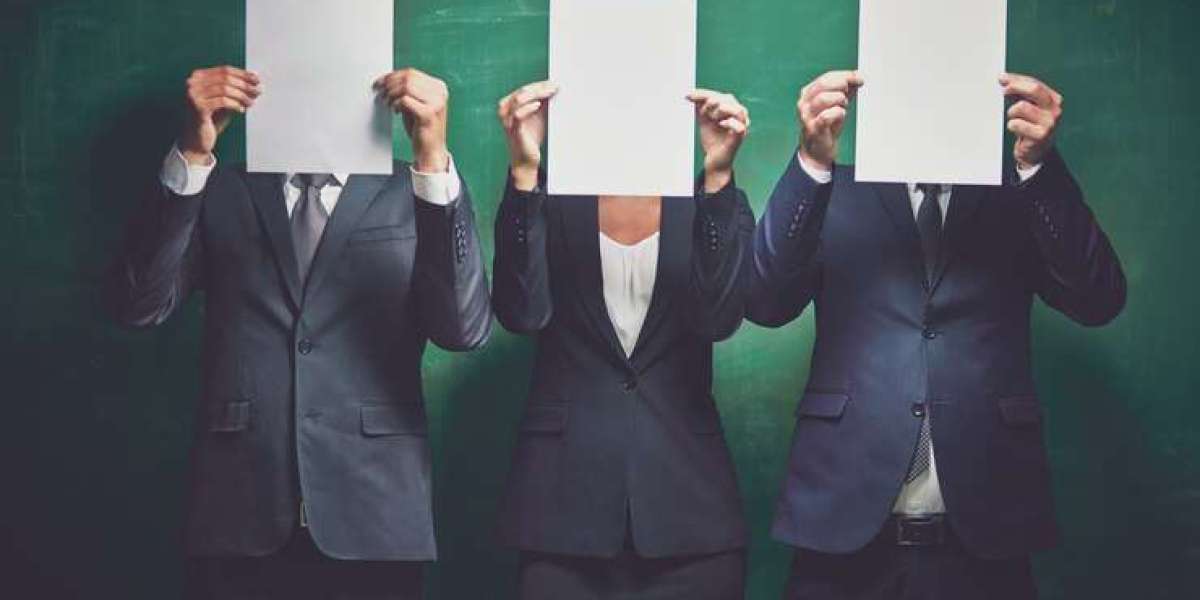How often do we hear about corruption in the news? From government officials being caught in scandals to large corporations evading taxes, it’s a problem that seems to be everywhere. Many of us may feel helpless or frustrated when we see how deeply ingrained corruption is in society, but can we really make a difference? What can individuals, communities, and nations do to fight corruption effectively? This essay about fighting corruption will explore the issue in depth, examining its roots, consequences, and some practical ways to combat it.
Corruption is not just a political or economic issue; it affects the everyday lives of ordinary people. Whether it’s bribery to get a job or the illegal appropriation of public funds, corruption undermines trust in institutions and disrupts economic and social development. The good news is that there are concrete steps that can be taken to fight corruption, from legal reforms to personal responsibility. This essay aims to shed light on these actions and explore how we can all contribute to a less corrupt world.
What is Corruption and How Does it Affect Society?
Corruption can be defined as the abuse of power for personal gain. It often involves actions like bribery, embezzlement, favoritism, and fraud. In governments, corruption can lead to the misallocation of resources, poor public services, and inequality. In businesses, it can create unfair competition and make it difficult for honest entrepreneurs to succeed.
The impact of corruption on society is devastating. Economies suffer when public funds are siphoned off for personal gain, resulting in inadequate infrastructure and services. For example, if a corrupt official steals funds meant for healthcare, it leaves the community without necessary medical care. Similarly, corruption can stifle development by discouraging foreign investment and discouraging entrepreneurship. On a broader scale, corruption can lead to social unrest, as people lose faith in their leaders and institutions.
How Can Individuals Contribute to Fighting Corruption?
While corruption is a systemic problem, individuals can play a role in combatting it. The first step is understanding that corruption thrives in secrecy and silence. When we are aware of corruption in our communities, we should speak out. Reporting incidents of bribery or unethical behavior can be a powerful tool in curbing corrupt practices.
Another way individuals can help fight corruption is by setting an example in their own lives. Refusing to pay bribes, reporting unethical behavior at work, or not engaging in nepotism are all small but important steps. Personal responsibility is crucial in the fight against corruption. By demonstrating integrity, individuals contribute to the creation of a culture that does not tolerate corruption.
Can Legal Reforms Help in Fighting Corruption?
Yes, legal reforms are essential in the fight against corruption. Strong laws that hold corrupt officials and businesses accountable can make a significant difference. Anti-corruption laws need to be clear, comprehensive, and enforceable. Additionally, the judicial system must be independent and free from corruption itself, so that cases are handled fairly and transparently.
One important example of a successful anti-corruption reform is the establishment of independent anti-corruption agencies. These agencies investigate and prosecute corruption cases, without interference from political powers. In countries like Hong Kong, the Independent Commission Against Corruption (ICAC) has been highly effective in reducing corruption by promoting transparency and accountability within both the public and private sectors.
Transparency and access to information are also crucial. In many cases, corruption thrives when people are kept in the dark. Governments and businesses must open their doors to public scrutiny, making it harder for corrupt actions to go unnoticed.
How Can Communities Fight Corruption?
Communities have a powerful role to play in fighting corruption. Local leaders, community groups, and activists can raise awareness about the consequences of corruption and work together to foster transparency. Grassroots efforts, such as organizing awareness campaigns or encouraging collective reporting, can have a lasting impact.
One such example comes from the efforts of citizens in Brazil. In the mid-2000s, the country saw the rise of the “Clean City” movement, where local communities worked together to demand better governance. This movement led to greater public participation in the political process and stronger enforcement of anti-corruption measures.
When communities unite to demand honesty and transparency, they can pressure governments to enact reforms and improve accountability. In many cases, grassroots activism has led to the formation of anti-corruption networks that bring together different sectors of society to create lasting change.
What Are Some Global Efforts to Combat Corruption?
On a global level, organizations like Transparency International have been at the forefront of the fight against corruption. Transparency International works to raise awareness of corruption, promote best practices for governance, and support the creation of international anti-corruption treaties. Their Corruption Perceptions Index ranks countries based on the perceived levels of corruption in the public sector, providing a clear picture of where global efforts need to be focused.
Another notable global effort is the United Nations Convention Against Corruption, which was adopted in 2003. This international treaty aims to prevent corruption, criminalize corrupt activities, and promote international cooperation in investigating and prosecuting corruption cases. With signatories from over 180 countries, the treaty has helped establish a common global framework for combating corruption.
Additionally, institutions like the World Bank and the International Monetary Fund provide financial assistance to countries that are working to tackle corruption, providing resources and expertise for reforms. These global partnerships are vital in ensuring that countries have the support they need to create lasting anti-corruption strategies.
How Can Education Help in the Fight Against Corruption?
Education plays a crucial role in the long-term fight against corruption. By instilling values of honesty, integrity, and accountability in future generations, we can help create a culture that does not tolerate corruption. Schools and universities can teach students about the importance of







